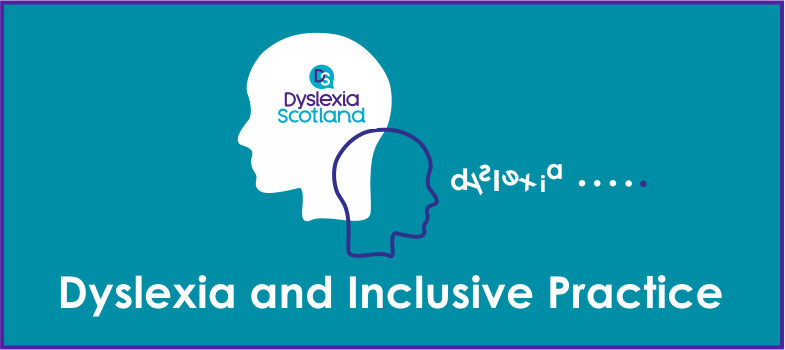1.4.1 Responsibility of all – Health and Wellbeing
Supporting health and wellbeing is important for all learners. However, for those who experience barriers to learning it is crucial that this aspect is included within the identification and support process.
The Curriculum for Excellence: Health and Wellbeing principles and practice highlight that it is the responsibility of all practitioners to:
- establish open, positive, supportive relationships across the school community, where children and young people will feel that they are listened to
- create an environment where children and young people feel secure in their ability to discuss sensitive aspects of their lives
- promote a climate in which children and young people feel safe and secure
- model behaviour which promotes health and wellbeing and encouraging it in others
- use learning and teaching methodologies which promote effective learning
- be sensitive and responsive to the wellbeing of each child and young person
Activity 10 Reflective questions for professional dialogue with colleagues
The following questions can be used when engaging in professional dialogue during professional learning opportunities and discussions with colleagues. The outcomes from these discussions can support planning for professional learning opportunities and improvement plans.
You can collate the responses in your reflective log. Click to 'download' a discussion sheet if required [Tip: hold Ctrl and click a link to open it in a new tab. (Hide tip)] .
- For those learners with dyslexia, how well is their health and wellbeing and in particular mental, social and emotional wellbeing addressed in your classroom or school?
- How well does your department/faculty or school explore the behaviour of learners? Are potential or unsupported additional support needs such as dyslexia considered to be possible causal factors?
Activity 11 Reflective practice task
In your reflective log consider:
- What makes the difference to supporting a learner feel comfortable and confident?
- What are the ingredients for supporting wellbeing?
Activity 12
Select which of the following statements you think are true
a.
1. Learners of all cognitive ability levels can be dyslexic
b.
2. Unidentified or unsupported dyslexia may only have a negative impact if the learner is significantly dyslexic.
The correct answer is a.
Answer
Correct answer: Unidentified or unsupported dyslexia may have a negative impact if the learner is dyslexic, irrespective of the severity of their dyslexia.
a.
3. It would be fair to assume that there will be approximately 36 to 90 learners with dyslexia in a school with a role of 900 pupils
b.
4. None of the dyslexic learners in option 3 would be assessed as being disabled under the Equality Act 2010.
The correct answer is a.
Answer
Correct answer: If individuals meets the required criteria they will be protected by the Equality Act 2010.
a.
5. Learning and teaching methodologies which promote effective learning should be embedded within every teacher’s practice in line with the principals of Curriculum for Excellence.
b.
6. Using learning and teaching metholodogies which promote effective learning will support all learners, including those who have additional support needs.
c.
7. Specialist Support for learning/ASN teachers should be responsible for delivering learning and teaching methodologies which promote effective learning for learners with additional support needs.
The correct answers are a and b.
Answer
All teachers should be delivering learning and teaching methodologies which promote effective learning will support all learners, including those who have additional support needs.
1.4 The impact of dyslexia
